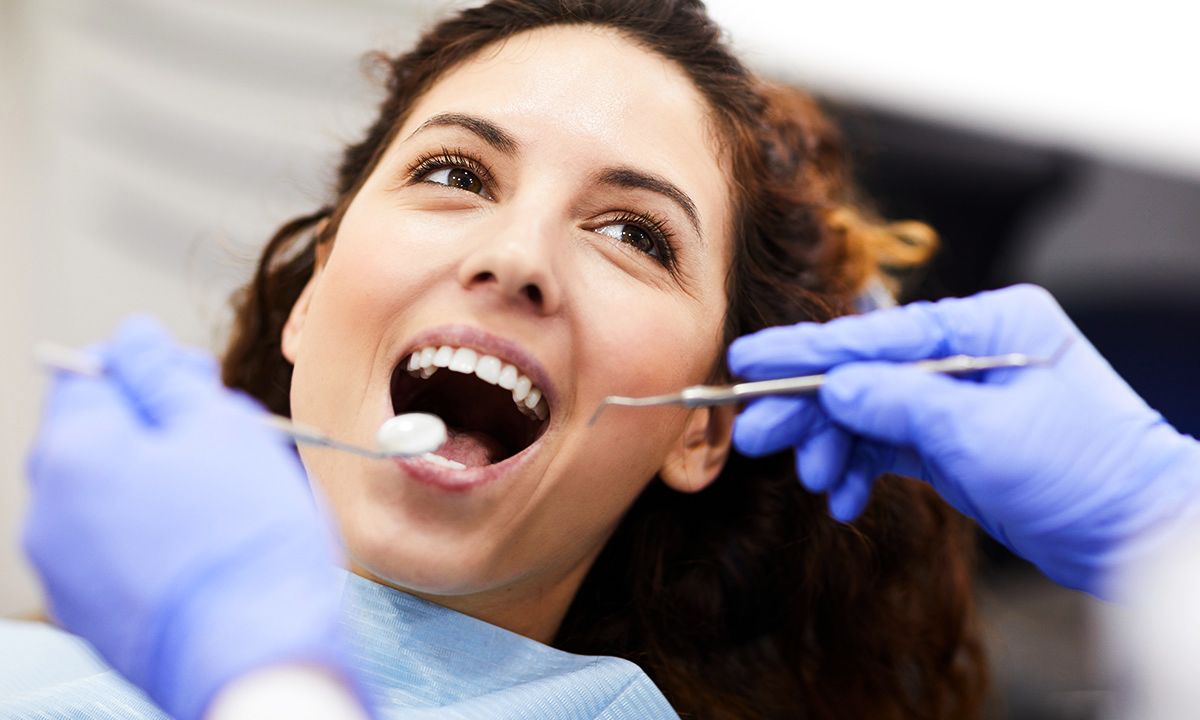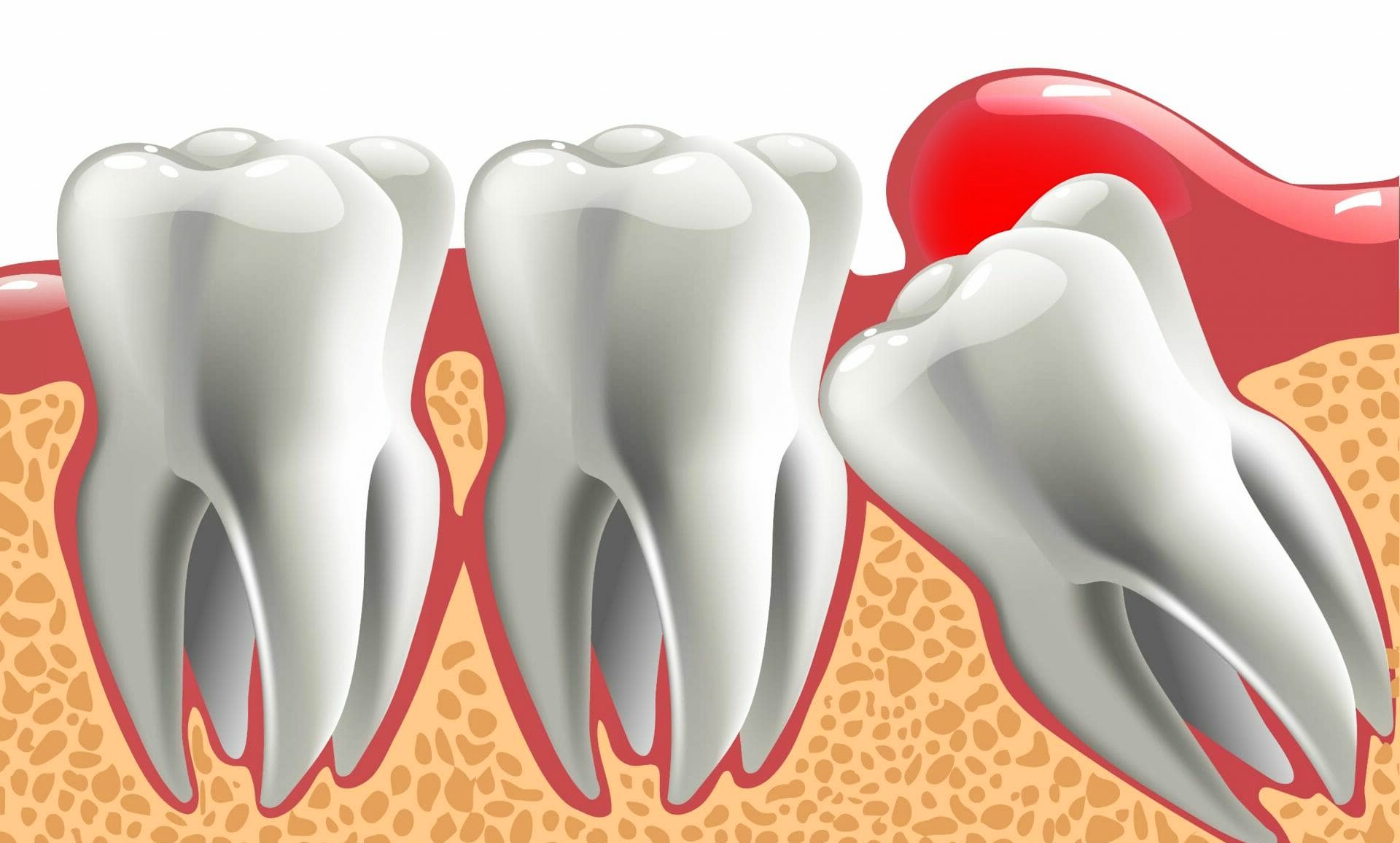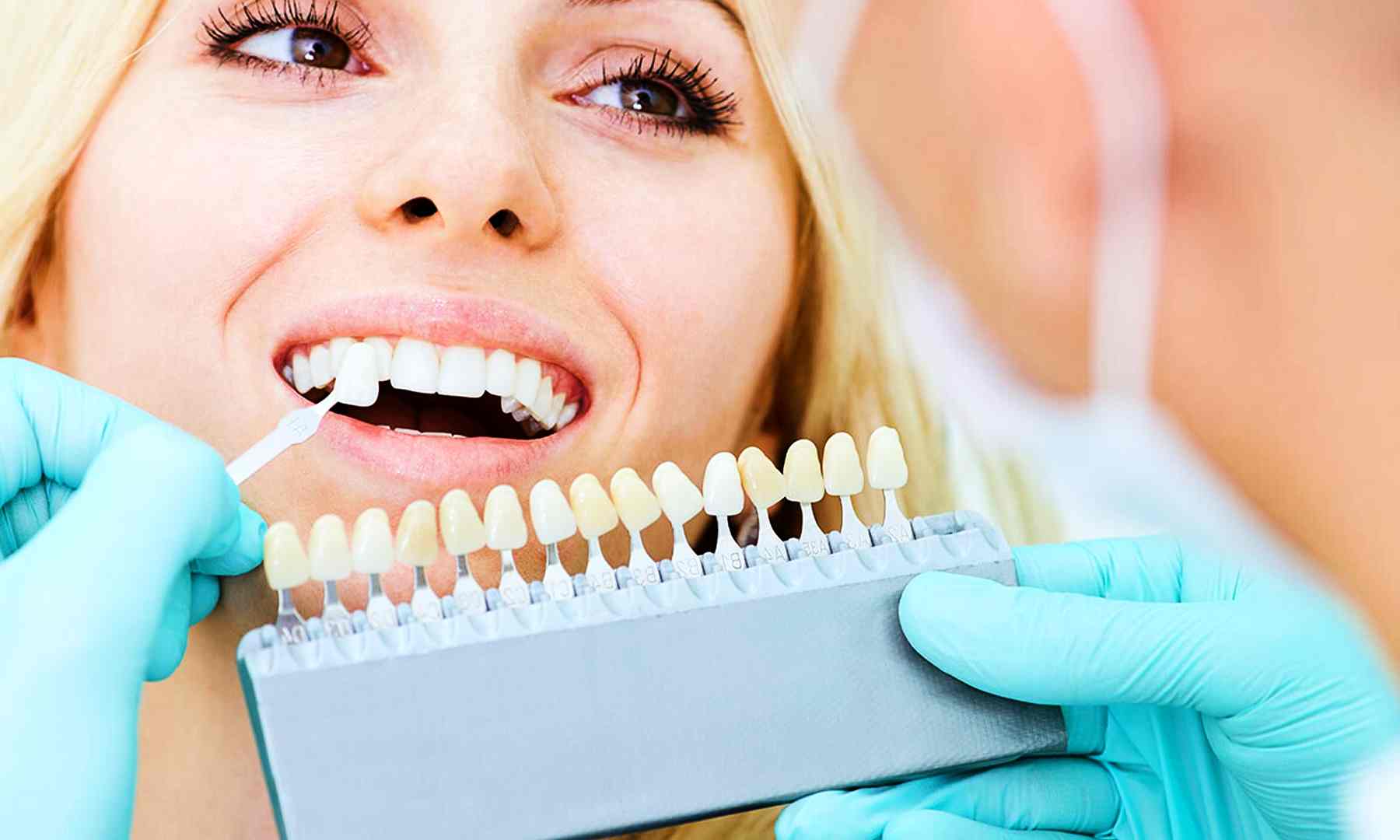Maintaining good oral hygiene is key for overall health and well-being. Regular dental cleanings are an essential part of this. In this article, we will explore the importance of dental cleanings, their benefits, and why everyone should prioritize them. Whether you are someone who diligently brushes and flosses or someone who neglects their oral health, this article will shed light on why dental cleanings are essential and how they can improve your overall health.
What Is a Dental Cleaning?
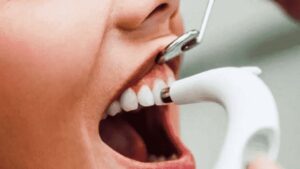
A dental cleaning, also known as a dental prophylaxis, is a professional cleaning procedure performed by a dental hygienist or dentist. It involves an in-depth check of the oral cavity and removal of plaque, tartar, and stains from the teeth. This cleaning process helps to prevent dental issues such as cavities, gum disease, and bad breath.
7 Reasons Why Dental Cleanings Are Essential for Good Health
Regular dental cleanings are essential for maintaining good oral health. Here are some reasons why they are important:
1. Preventing Cavities
A sticky bacterial film called plaque is continually forming on teeth. If it is not removed regularly, it can lead to the formation of cavities. Plaque and tartar are removed during dental cleanings, lowering the risk of cavities.
2. Prevention of Gum Disease
Gum disease, also known as periodontal disease, is a serious oral health condition that can lead to tooth loss if left untreated. Gum disease is less likely as a result of regular dental cleanings that help remove plaque and tartar buildup.
3. Early Detection of Oral Cancer
During a dental cleaning, your dentist or dental hygienist will perform an oral cancer screening. Early detection of oral cancer greatly increases the chances of successful treatment.
4. Removal of Stains and Discoloration:
Dental cleanings can help remove surface stains and discoloration caused by food, drinks, tobacco, and other factors. This can improve the appearance of your teeth and enhance your smile.
5. Fresher Breath:
Bad breath, also known as halitosis, can be caused by poor oral hygiene, gum disease, or other oral health issues. Regular dental cleanings can help remove bacteria and plaque that contribute to bad breath, leaving your breath fresher.
6. Prevention of Tooth Decay:
Plaque buildup on teeth can lead to tooth decay and cavities. Dental cleanings remove plaque and tartar, reducing the risk of tooth decay and the need for fillings or other dental treatments.
7. Early Detection of Dental Issues:
Dental cleanings include a thorough examination of your oral cavity, allowing your dentist to detect any dental issues early on. Future treatments that are more involved and expensive can be avoided with early intervention.
8. Overall Health Benefits:
A high correlation between oral health and general health has been found through research. Regular dental cleanings can help reduce the risk of systemic conditions such as heart disease, diabetes, and stroke.
What Is The Process Of Teeth Cleaning?
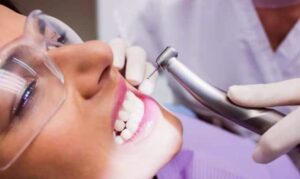
- During a dental cleaning, a dental hygienist or dentist will use specialized tools to remove plaque and tartar from your teeth. They will use a small mirror to examine your teeth and gums, looking for any signs of inflammation, cavities, or other issues.
- Next, they will use a scaler to remove plaque and tartar from the surfaces of your teeth, including those hard-to-reach areas between your teeth and along the gumline. This may cause some scraping or scratching sensations, but it should not be painful.
- After scaling, the hygienist or dentist will use a high-powered electric toothbrush and gritty toothpaste to give your teeth a thorough cleaning. They will also floss between your teeth to remove any remaining debris or plaque.
- Once your teeth are clean, the dental professional may rinse your mouth and give you a fluoride treatment. Your tooth enamel is strengthened and is protected from decay by fluoride.
- Finally, they will provide you with instructions for at-home oral hygiene, such as proper brushing and flossing techniques, and schedule your next dental cleaning appointment.
Overall, the process of teeth cleaning is relatively simple, and painless, and typically takes about 30 minutes to an hour, depending on the condition of your teeth and gums. Regular dental cleanings every six months are recommended to maintain optimal oral health.
Related: How To Get Emergency Wisdom Tooth Removal
Conclusion
Dental cleanings are an essential part of maintaining good oral health and overall well-being. They help to prevent cavities, gum disease, and other oral health issues, as well as provide early detection of dental problems. By prioritizing regular dental cleanings, you can enjoy a healthy smile and improve your overall health. Don’t neglect your oral health – schedule a dental cleaning today!
Frequently Asked Questions
How often should I get a dental cleaning?
It is recommended to get a dental cleaning every six months. However, your dentist may suggest more frequent cleanings if you have certain dental issues or a higher risk of oral health problems.
Are dental cleanings painful?
Dental cleanings are typically not painful. You may experience slight discomfort or sensitivity during the cleaning process, especially if you have sensitive teeth or gum disease. However, your dental hygienist will ensure your comfort throughout the procedure.
Can dental cleanings improve bad breath?
Yes, dental cleanings can help improve bad breath. By removing plaque and tartar, which contribute to bad breath, dental cleanings can freshen your breath and improve overall oral hygiene.
